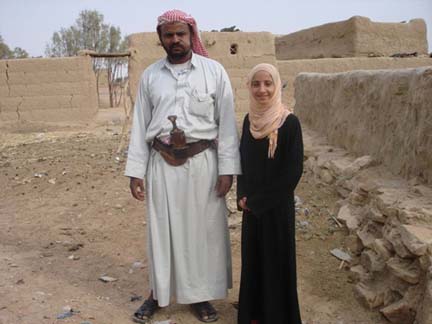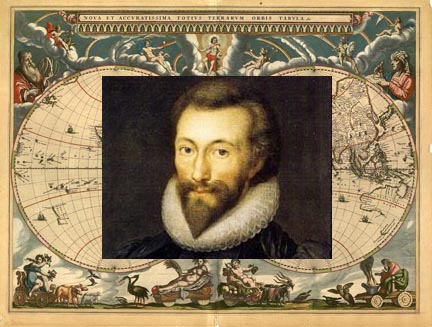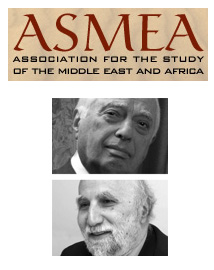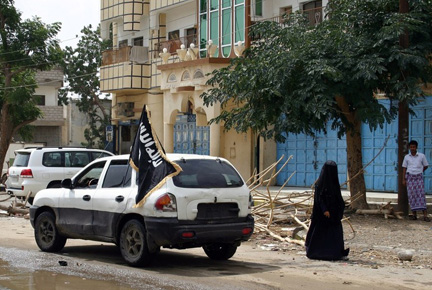
The Combating Terrorism Center at West Point has just issued a report on the letters found at Bin Laden’s compound in Pakistan. This is: Letters from Abbottabad: Bin Ladin Sidelined?
The authors are Don Rassler, Gabriel Koehler-Derrick, Liam Collins, Muhammad al-Obaidi, and Nelly Lahoud. Here is the description and it can be downloaded here.
This report is a study of 17 de-classified documents captured during the Abbottabad raid and released to the Combating Terrorism Center (CTC). They consist of electronic letters or draft letters, totaling 175 pages in the original Arabic and 197 pages in the English translation. The earliest is dated September 2006 and the latest April 2011. These internal al-Qa`ida communications were authored by several leaders, most prominently Usama bin Ladin. In contrast to his public statements that focused on the injustice of those he believed to be the “enemies†of Muslims, namely corrupt “apostate†Muslim rulers and their Western “overseers,†the focus of Bin Ladin’s private letters is Muslims’ suffering at the hands of his jihadi “brothersâ€. He is at pain advising them to abort domestic attacks that cause Muslim civilian casualties and focus on the United States, “our desired goal.†Bin Ladin’s frustration with regional jihadi groups and his seeming inability to exercise control over their actions and public statements is the most compelling story to be told on the basis of the 17 de-classified documents. “Letters from Abbottabad†is an initial exploration and contextualization of 17 documents that will be the grist for future academic debate and discussion.





 Children hold an Israeli flag in the Jewish settlement of Itamar on the West Bank; Photo by Rina Castelnuovo, The New York Times
Children hold an Israeli flag in the Jewish settlement of Itamar on the West Bank; Photo by Rina Castelnuovo, The New York Times